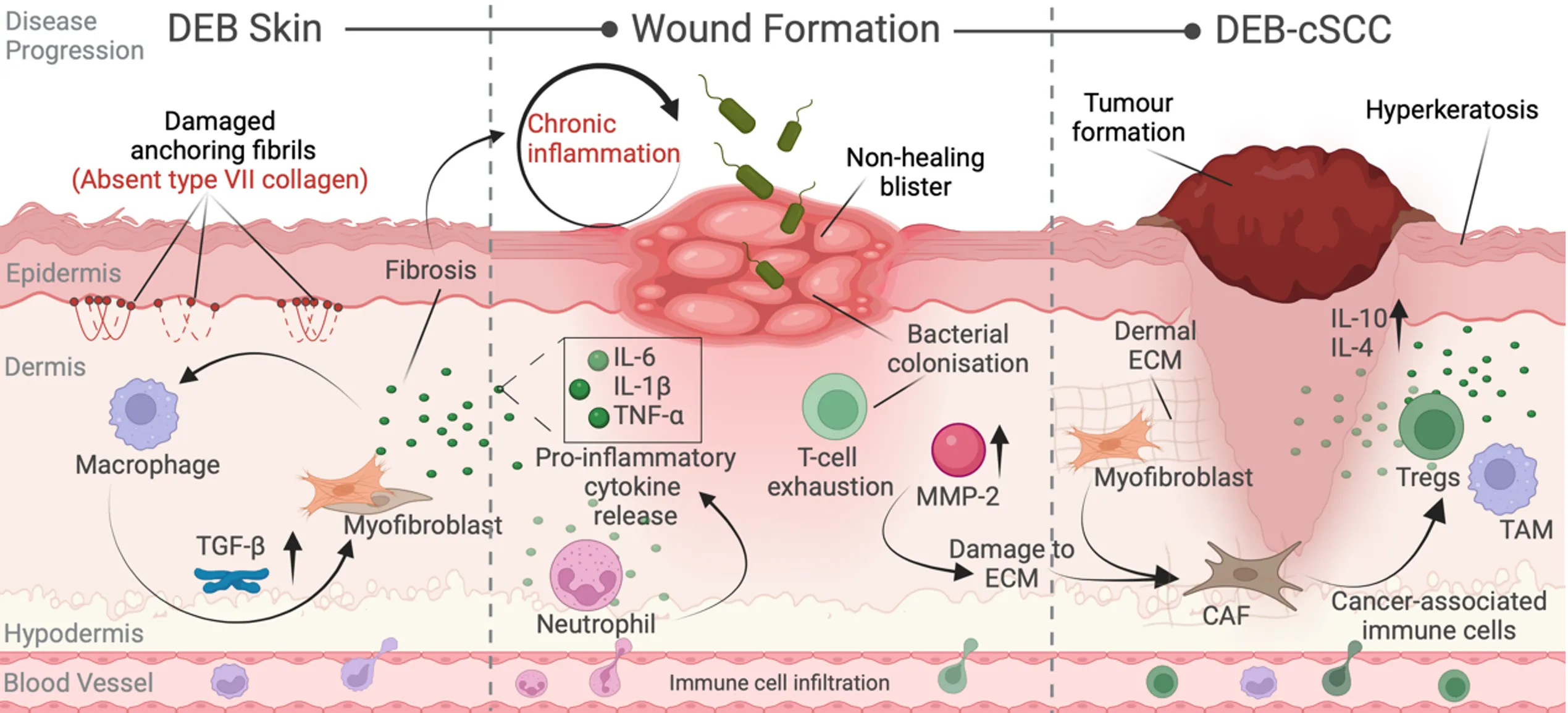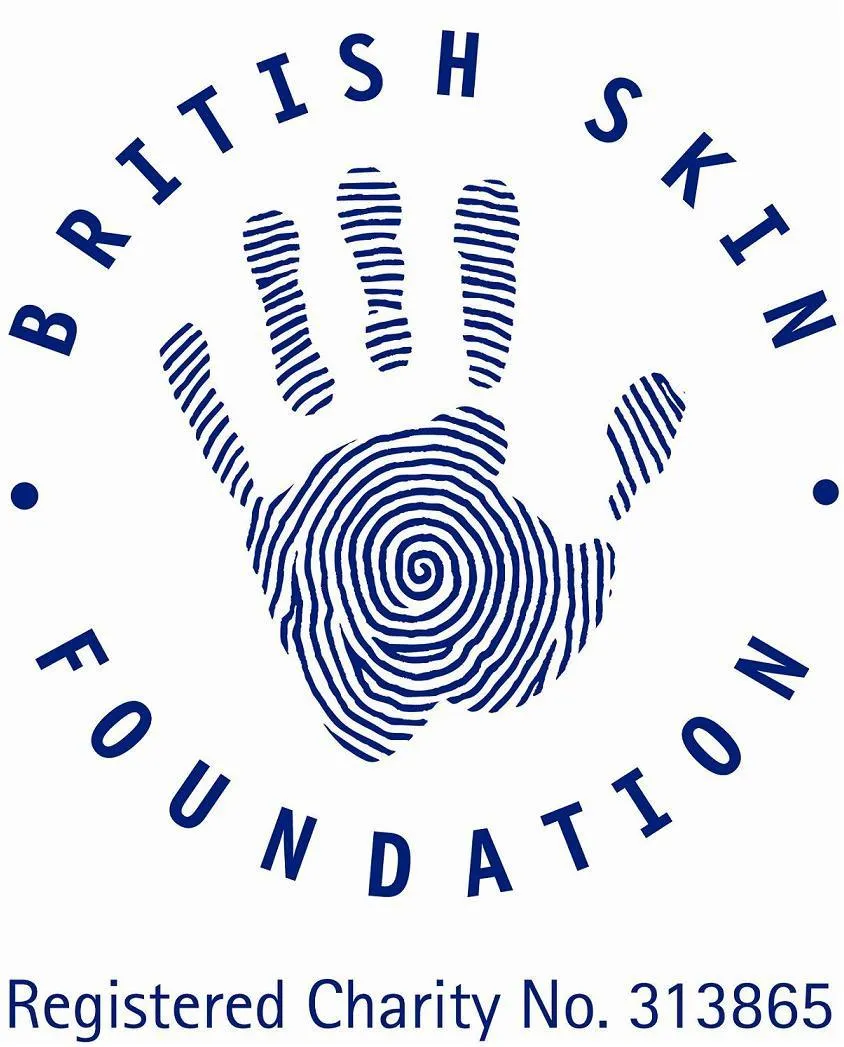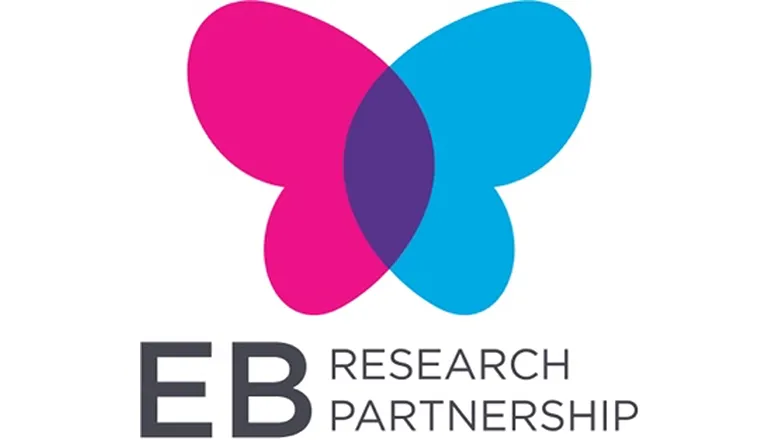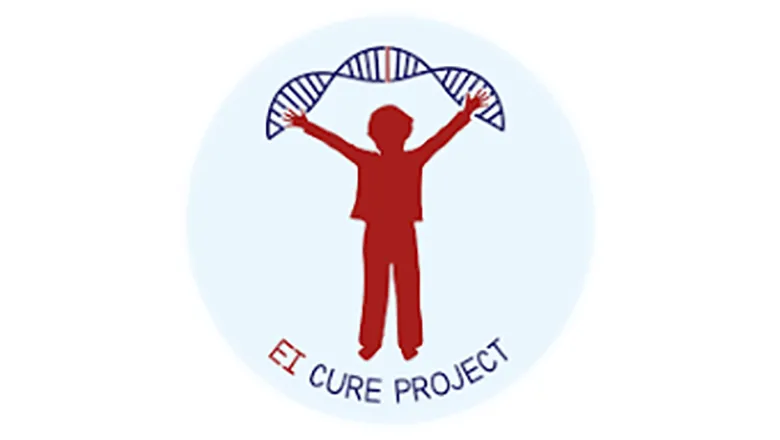Genetic defects cause inherited diseases, leading to disease onset and subsequent complications. Our laboratory integrates clinical and scientific research to elucidate disease pathogenesis, aiming to mitigate progression and develop effective genetic therapies for treatment or cure. We primarily focus on dystrophic epidermolysis bullosa (DEB), a COL7A1 gene defect causing life-threatening skin and internal complications. The need for improved RDEB treatments is significant. Specifically, our research looks at a different approach to gene therapy, developing a technique called “gene editing”. This method allows us to try to correct the COL7A1 mutations in a more focused manner, somewhat like fixing typos in a word document by cutting and pasting correct text directly over the error. We leverage this expertise to address other genetic diseases, currently including epidermolytic ichthyosis and sickle cell disease. Eventually, many DEB patients develop fatal skin cancers.
Our laboratory, also employ several techniques such as 3D in-vitro models (spheroid) to understand the immunopathogenesis of skin cancer in DEB.

Our Partners

The British Skin Foundation

Rosetrees Trust






